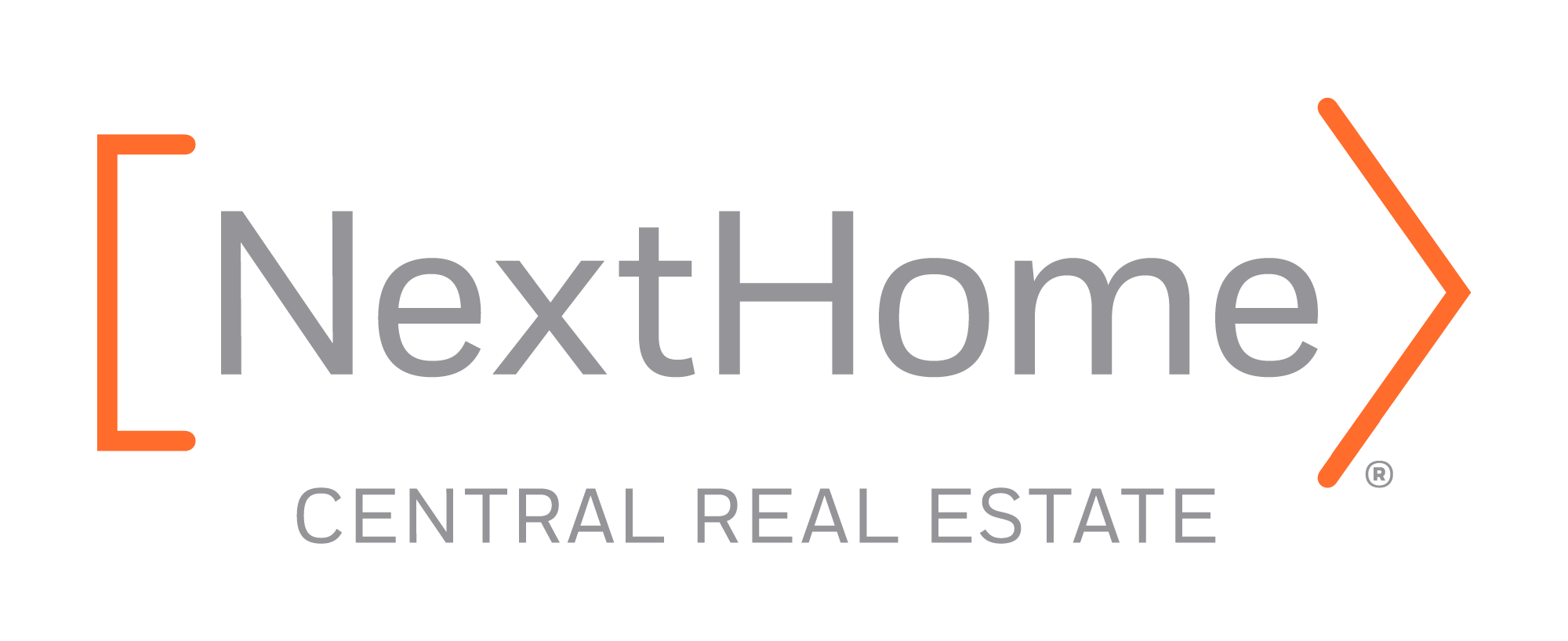What’s the Catch with an Off-MLS Listing?
If you’re thinking about selling your home, you expect your agent to market it to the widest audience possible. More buyers mean more competition, which usually means a higher selling price. That’s why the Multiple Listing Service (MLS) has long been the most open and competitive marketplace for real estate. But lately, some brokerages are pushing an alternative: off-MLS listings.
They claim it benefits sellers, but does it? Let’s talk about what’s really happening, why some brokerages are making this shift, and why it could end up costing you money.
Watch the Video
Want to dive deeper into this topic? I break it all down in my latest video: “What’s the Catch with an Off-MLS Listing?“ Watch below to understand why some brokerages are keeping listings off the MLS—and how it could impact your home sale.
What Is an Off-MLS Listing?
An off-MLS listing (sometimes called a “private” or “in-house” listing) is when a brokerage keeps your home off the open MLS and instead markets it only to their own agents and buyers.
They may tell you that this creates exclusivity or gives you a more controlled process. But let’s be clear: an exclusive buyer pool isn’t competition.
Who Really Benefits from Off-MLS Listings?
Not you, the seller. The brokerage does. Here’s why:
- Their goal may be to double-end the transaction — meaning they get both the listing and the buyer side of the commission.
- They limit outside agents from bringing competing offers.
- They maintain control over the sale rather than letting the open market determine the true value of your home.
Would you rather auction off a valuable item to a room full of bidders or sell it privately to the first person who walks in? That’s the difference between MLS exposure and an off-market deal.
The NAR Settlement & Why Some Brokerages Are Doing This
A big driver behind this shift is the recent NAR settlement, which brings new rules about real estate compensation. Many brokerages have relied on a system where commissions were structured a certain way and the MLS handled everything transparently. But now, with more scrutiny on commission structures, some brokerages are trying to regain control by keeping deals in-house.
- They want to control commissions. Keeping listings off the MLS means they don’t have to negotiate with outside agents.
- They want to limit competition. The fewer buyers who see your home, the easier it is for them to push their own buyers into the deal.
- They want to maintain their old business model. Instead of adapting to a culture of greater transparency, some brokerages are trying to create their own rules by keeping listings private.
This isn’t about helping sellers—it’s about protecting brokerage profits.
 How This Compares to Insider Trading
How This Compares to Insider Trading
Carl Medford, a fellow REALTOR® and Certified Residential Specialist (CRS) from the San Francisco Bay area, recently contributed an opinion piece to Inman News where he made an eye-opening comparison: keeping listings off the MLS is a lot like insider trading.
Think about it. In the stock market, if a broker gave their own clients access to a hot stock before the public could buy it, that would be illegal. But in real estate, some brokerages are doing just that—keeping listings hidden from the open market so they can control the sale.
The Case for Ecumenical Real Estate
This completely goes against the idea of ecumenical real estate, a term I’ve coined and advocate for to describe a real estate marketplace where all brokerages, brands, and agents work together to bring sellers the best possible outcome. By design, the Multiple Listing Service (MLS) is the most effective platform for ensuring fair competition in real estate, giving every buyer a fair shot. It levels the playing field by ensuring homes are seen by the widest possible audience, giving sellers the opportunity to secure the best offers. This kind of transparency and collaboration is what drives real competition in the market.
Ecumenical real estate reinforces these values: a truly open, cooperative approach where competition thrives, and every buyer and seller has full access to opportunities. When brokerages commit to fairness and transparency instead of exclusivity and self-interest, sellers benefit from increased exposure, stronger offers, and a market that truly works in their favor. Limiting access, like keeping listings off the MLS, undermines trust in the system and ultimately harms the very people real estate professionals are supposed to serve.
As a seller, you need to know how to protect yourself against these tactics. It starts with asking the right questions before you sign a listing agreement.
What Sellers Need to Ask Before Signing a Listing Agreement
Before you sign anything with an agent, ask these three critical questions:
- Will my home be listed on the full MLS?
- If the answer isn’t an immediate yes, walk away. Quickly.
- How do you ensure my home gets the most competition?
- A strong agent will talk about MLS exposure, social media, targeted advertising, email campaigns, and networking with other agents. If they don’t have a clear strategy, that’s a problem.
- Are you prioritizing my best interests or your brokerage’s profits?
- A great agent will explain how their marketing strategy benefits you, not just their company. If they hesitate, that’s a red flag.
Is This Happening in Shawnee?
Right now, there’s no evidence of this happening on a large scale in Shawnee or Central Oklahoma. But it is a growing trend nationwide, and it’s important for sellers to be aware of it.
The key takeaway? Ask questions. Before signing any listing agreement, make sure your home is getting the exposure it deserves.
Want to Sell With Full Market Exposure? Let’s Talk.
Your home deserves to be seen. If you want to work with an agent who ensures your home gets maximum exposure, let’s talk.


Don’t leave money on the table. Make sure your home is marketed the right way—on your terms, not the brokerage’s.



 Shawnee (OKC) community evangelist • Realtor by day NextHome Central RE • living it up with @reesesonthego
Shawnee (OKC) community evangelist • Realtor by day NextHome Central RE • living it up with @reesesonthego Steps to Buy a Home
Steps to Buy a Home in Shawnee real estate!
• Median
in Shawnee real estate!
• Median


 Think real estate offers in Oklahoma are conf
Think real estate offers in Oklahoma are conf
 Results are in! After losing an hour of sle
Results are in! After losing an hour of sle
 Shawnee’s Real Estate Market Wrap-Up: 2024
Shawnee’s Real Estate Market Wrap-Up: 2024 

 Shawnee’s Housing Market: What’s Trend
Shawnee’s Housing Market: What’s Trend


